Classification Of Machine Learning Frameworks For Data-driven Thermal Fluid Models
In this article we detail the use of machine learning for spatio-temporally dynamic turbulence model classification and hybridization for large eddy simulations LES of turbulence. There are a vast number of different types of data preparation techniques that could be used on a predictive modeling project.
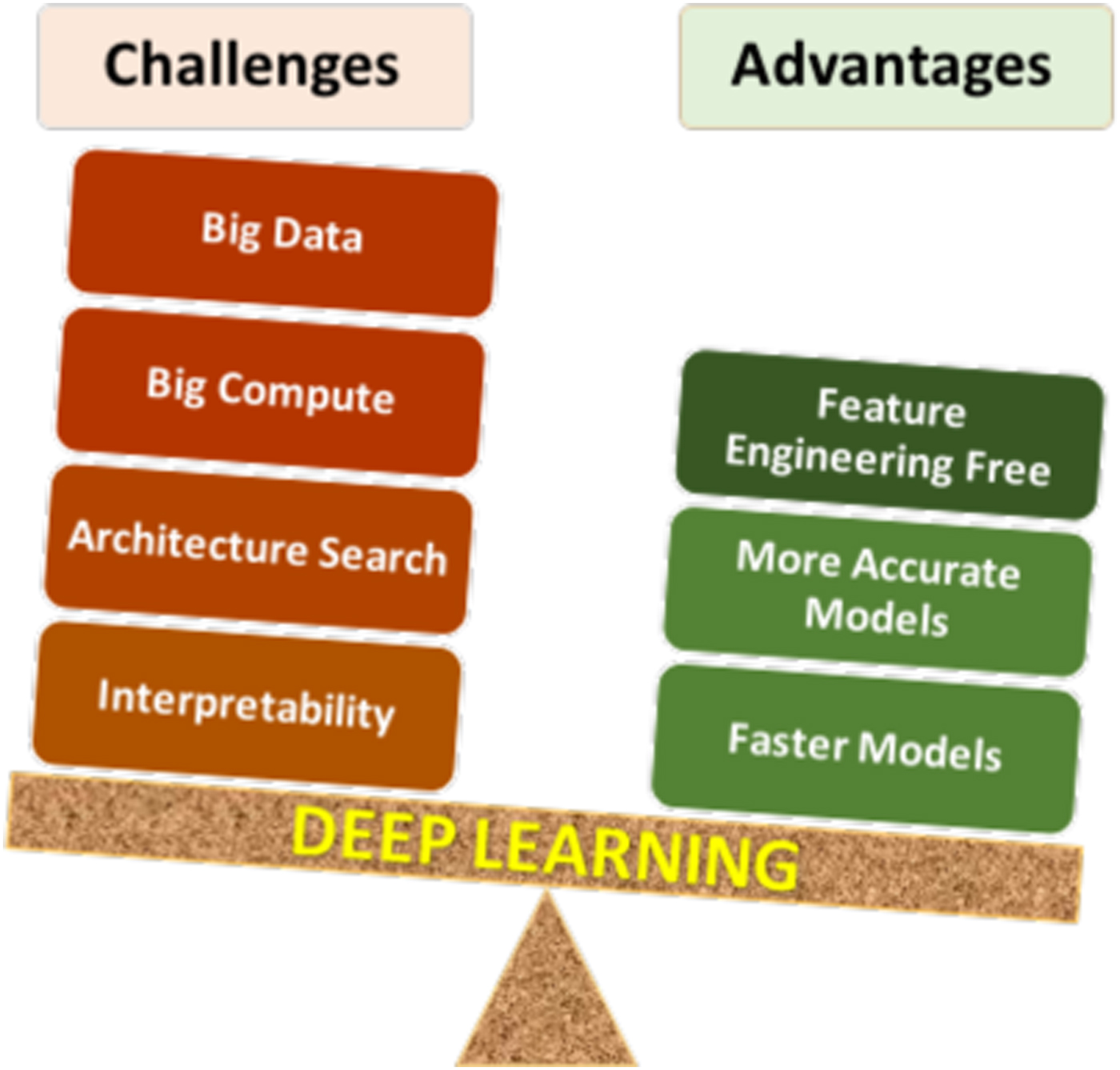
Deep Materials Informatics Applications Of Deep Learning In Materials Science Mrs Communications Cambridge Core
Classification of Machine Learning Frameworks for Data-Driven Thermal Fluid Models.
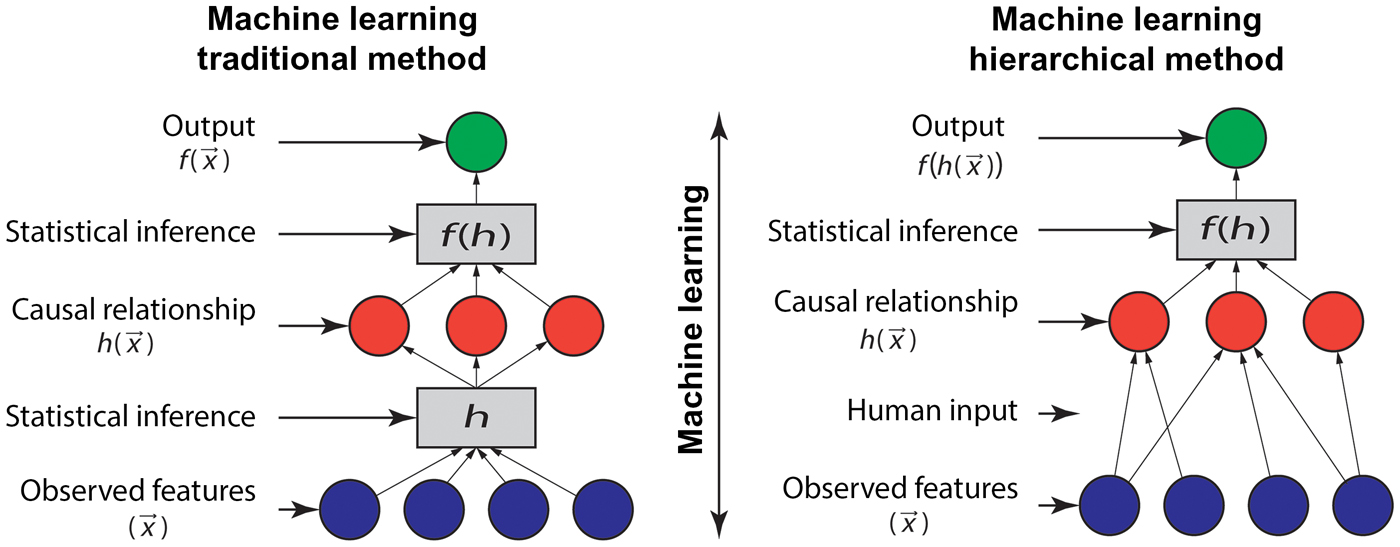
Classification of machine learning frameworks for data-driven thermal fluid models. As evident from the. Our predictive framework is devised around the determination of local conditional probabilities for turbulence models that have varying underlying hypotheses. When to use classification.
The physics-based neural networks developed here are informed by the underlying rheological constitutive models through the synthetic generation of low-fidelity model-based data points. Upload an image to customize your repositorys social media preview. 4 rows Machine learning frameworks for data-driven thermal fluid models.
Classification is a kind of machine learning used to categorize items into classes. Data-driven turbulence modeling is a newly emerged research area in thermal hydraulics simulation of nuclear power plant NPP. The most common CFD method used in NPP thermal hydraulics simulation is Reynolds-averaged Navier-Stokes RANS method which still has acknowledged deficiencies not only in the calculation speed but also in the complexity of choosing turbulence model and parameters.
Last Updated on July 17 2020. Images should be at least 640320px 1280640px for best display. The introduced classification distinguishes error correction hybrid models.
Classification of Machine Learning Chih-Wei Chang and Nam Dinh Classification of Machine Learning Frameworks for Data-Driven Thermal Fluid Models International Journal of Thermal Science 135 pp559- 579 2019. Five ML frameworks dubbed Type I to V are introduced. There are a number of classification models.
The former provide inputs for the latter and conversely the outputs of machine learning models can fuel traditional models. A comprehensive review of data-driven approaches for turbulence modeling is performed. Closure modeling turbulence models two-phase and thermal fluid closures.
Evaluation of a Machine Learning Turbulence Model in a Square Transverse Jet in Crossflow. In some cases the distribution of the data or the requirements of a machine learning model may suggest the data preparation needed although this is rarely the case given the complexity and high-dimensionality of. And approaches aimed at the facilitation of the concurrent physics-based multiscale modeling approaches.
Five ML frameworks are introduced including physics-separated ML PSML or Type I ML physics-evaluated ML PEML or Type II ML physics-integrated ML PIML or Type III ML physics-recovered PRML or Type IV ML and physics-discovered ML PDML or Type V ML. The frameworks vary in their performance for different applications depending on the level of knowledge of governing physics the source type amount and quality of available data for training. Classification models include logistic regression decision tree random forest gradient-boosted tree multilayer perceptron one-vs.
Preliminary Application of Machine-Learning Techniques for Thermal-Electrical Parameter Optimization in 3-D IC. In this work we introduce a comprehensive machine-learning algorithm namely a multifidelity neural network MFNN architecture for data-driven constitutive metamodeling of complex fluids. Machine Learning Frameworks for Data-Driven Thermal Fluid ModelsDr.
All those models then form a complex graph with intermediate results flowing between them until the final output step. Chih Wei ChangNuclear Engineering DepartmentNorth Carolina State University. Despite the progress in high performance computing Computational Fluid Dynamics CFD simulations are still computationally expensive for many practical engineering applications such as simulating large computational domains and highly turbulent flows.
This paper is focused on data-driven TFS models specifically on their development using machine learning ML. Theoretical andor numerical models coexist with machine learning models. This paper focuses on data-driven TFS models specifically on the development using machine learning ML.
4 rows Classification of Machine Learning Frameworks for Data-Driven Thermal Fluid Models. One of the major reasons of the high expense of CFD is the need for a fine grid to resolve phenomena at the relevant scale and obtain a grid. Learning objectives In this module youll learn.
How to train and evaluate a classification model using the Scikit-Learn framework.
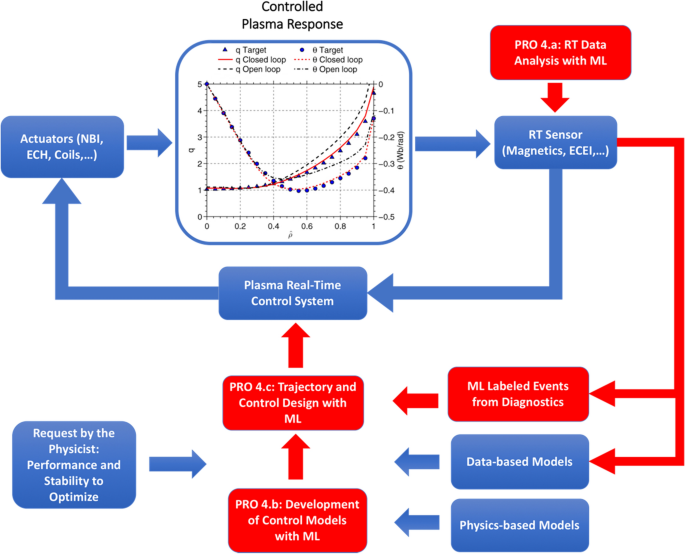
Advancing Fusion With Machine Learning Research Needs Workshop Report Springerlink

A Machine Learning Approach For Regional Geochemical Data Platinum Group Element Geochemistry Vs Geodynamic Settings Of The North Atlantic Igneous Province Sciencedirect

Machine Learning For Biologics Opportunities For Protein Engineering Developability And Formulation Trends In Pharmacological Sciences
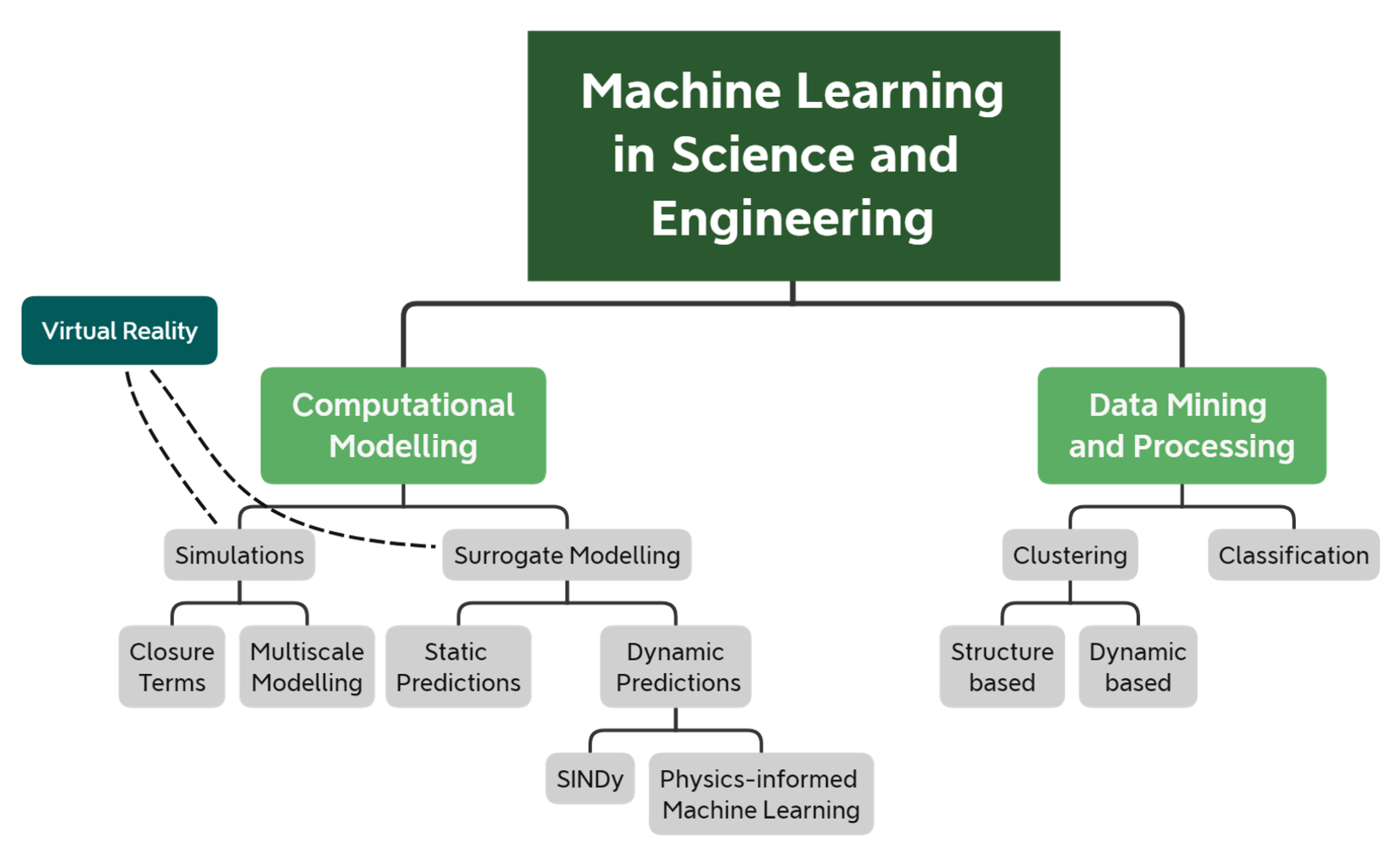
Computation Free Full Text Machine Learning Methods For Computational Science And Engineering Html

Machine Learning For Biologics Opportunities For Protein Engineering Developability And Formulation Trends In Pharmacological Sciences

Applied Sciences Free Full Text Machine Learning For Quantitative Finance Applications A Survey Html

Embedding Domain Knowledge For Machine Learning Of Complex Material Systems Mrs Communications Cambridge Core
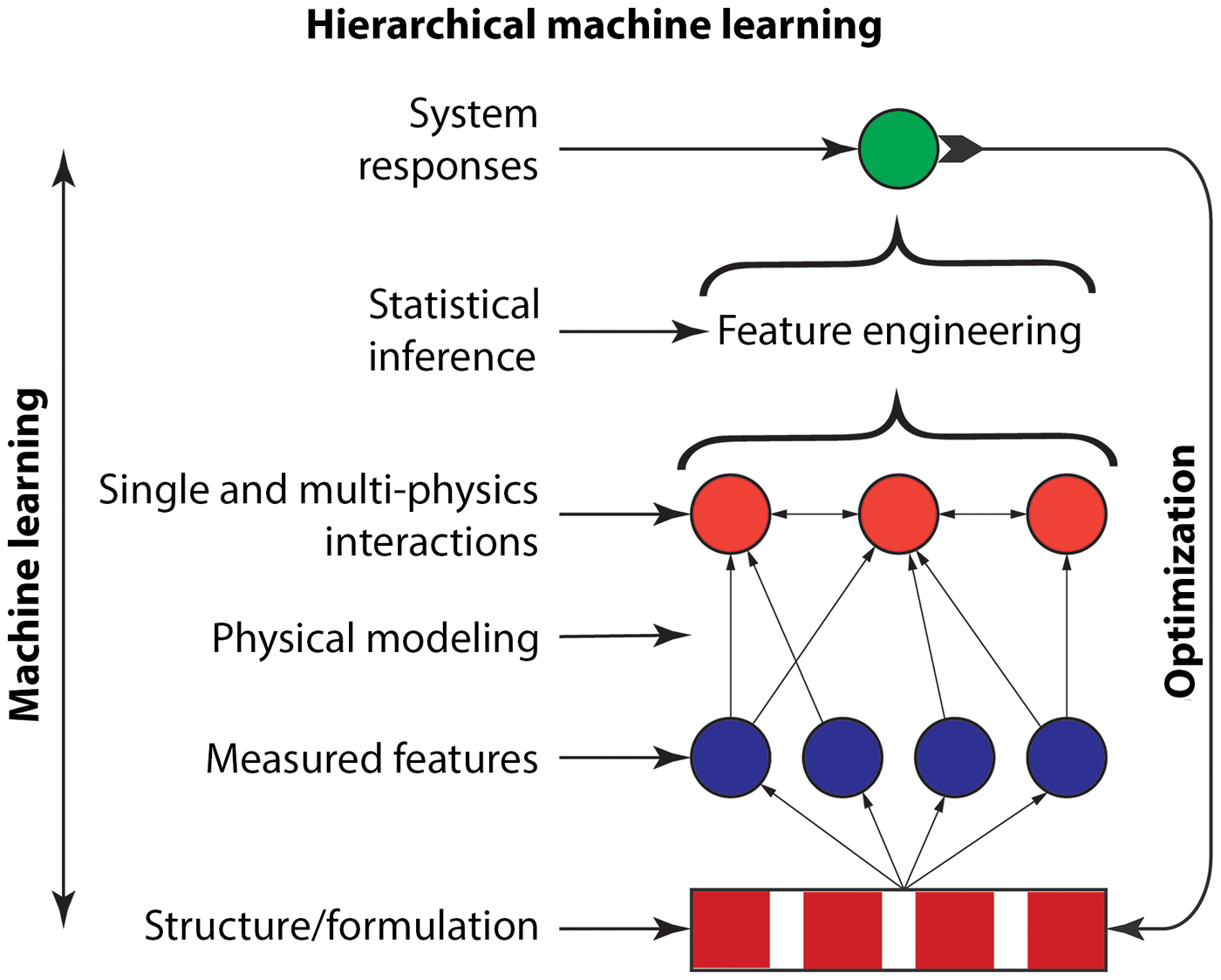
Embedding Domain Knowledge For Machine Learning Of Complex Material Systems Mrs Communications Cambridge Core
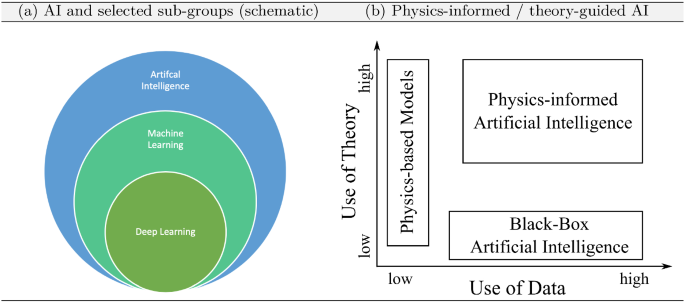
Artificial Intelligence For Structural Glass Engineering Applications Overview Case Studies And Future Potentials Springerlink
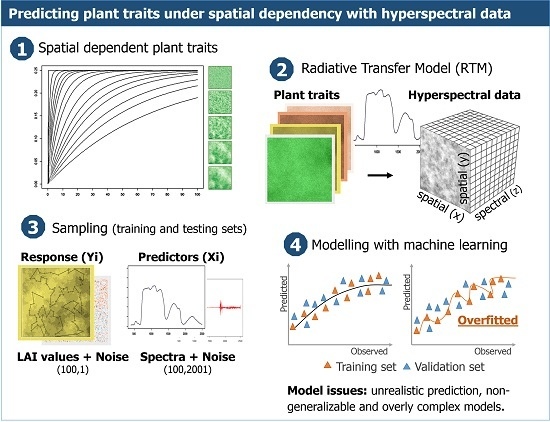
Remote Sensing Special Issue Machine Learning Applications In Earth Science Big Data Analysis

Uniformly Accurate Machine Learning Based Hydrodynamic Models For Kinetic Equations Pnas

Overview Of The Physics Informed Machine Learning Ml Framework For Download Scientific Diagram
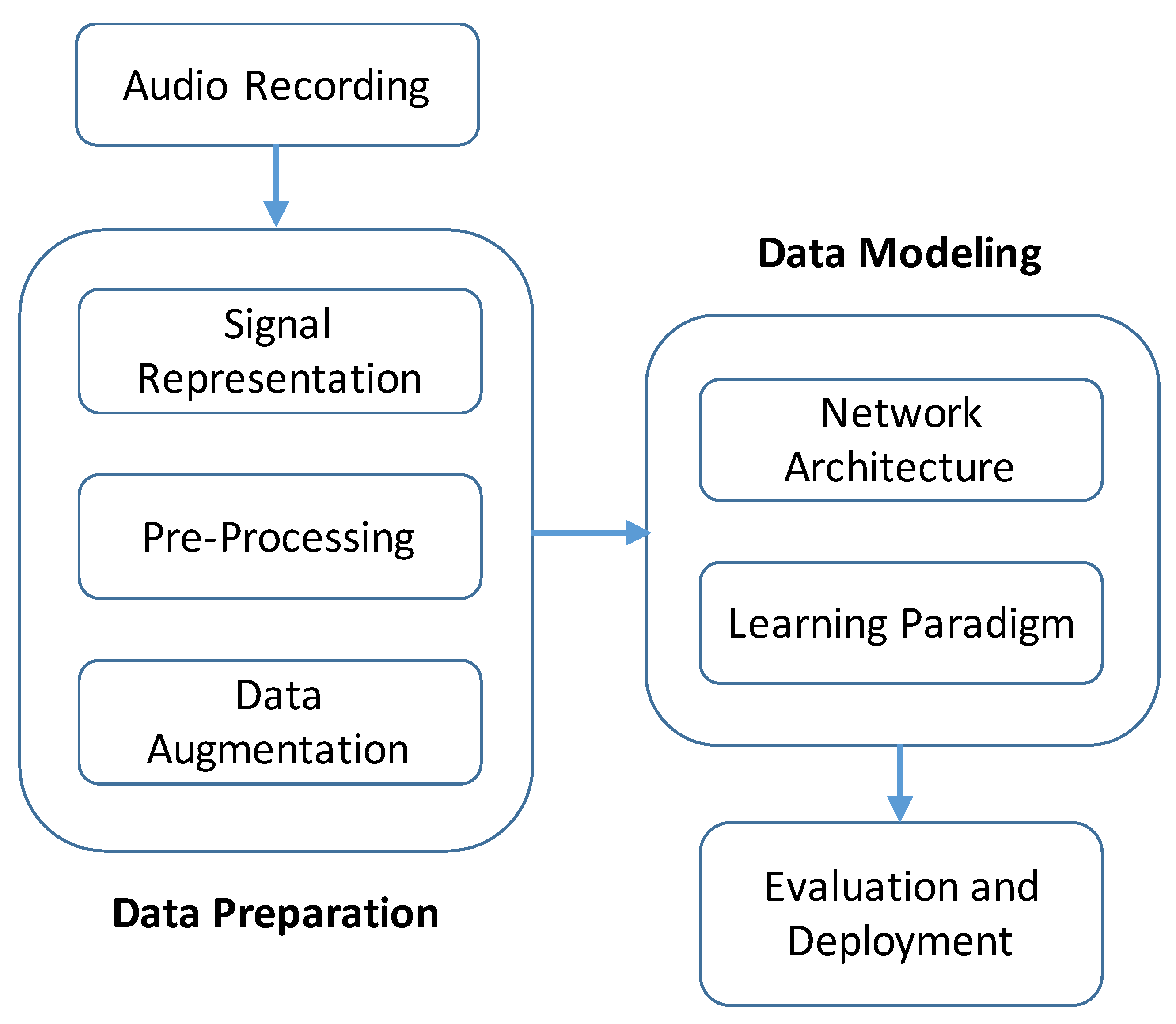
Applied Sciences Free Full Text A Review Of Deep Learning Based Methods For Acoustic Scene Classification Html
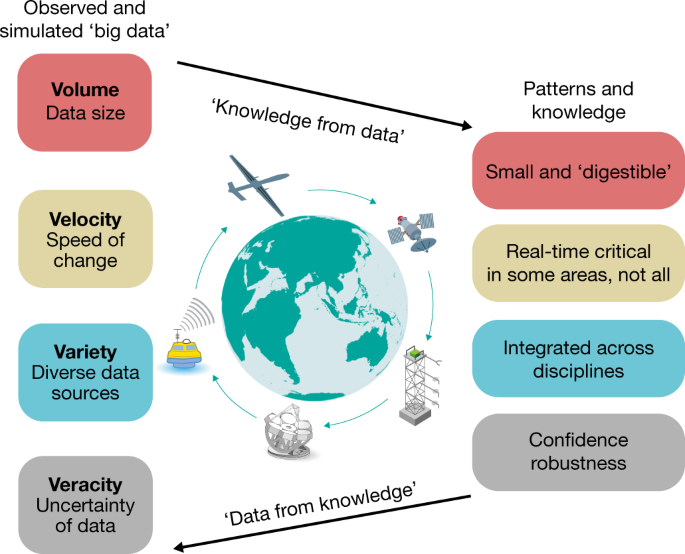
Deep Learning And Process Understanding For Data Driven Earth System Science Nature
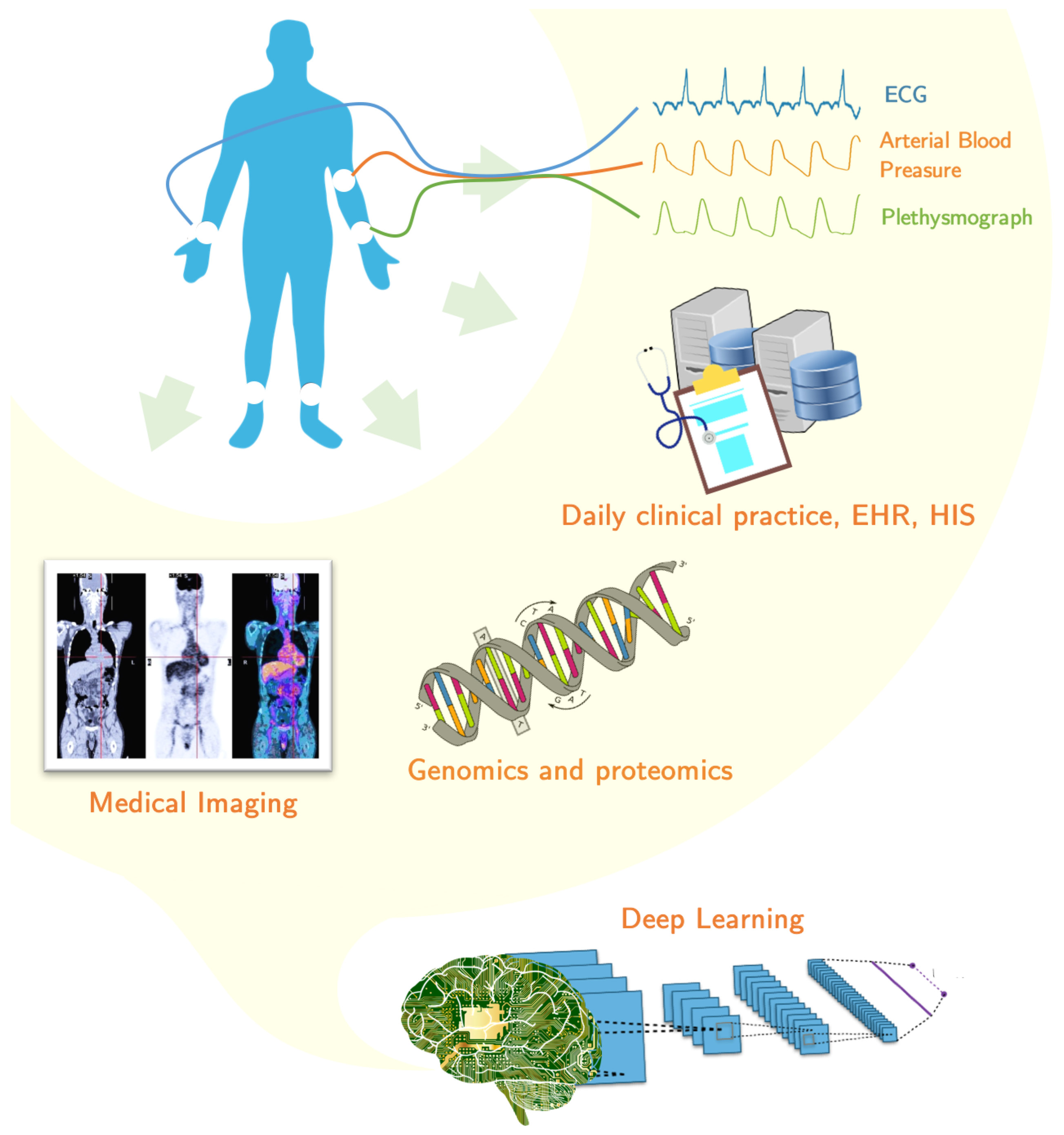
Applied Sciences Free Full Text Deep Learning And Big Data In Healthcare A Double Review For Critical Beginners Html
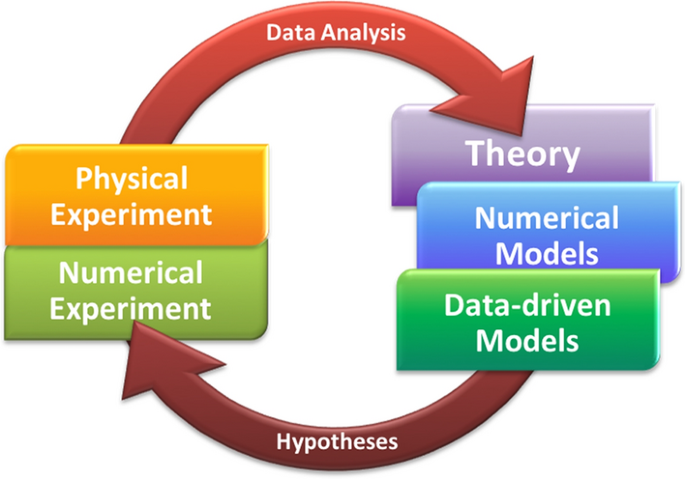
Advancing Fusion With Machine Learning Research Needs Workshop Report Springerlink

Embedding Domain Knowledge For Machine Learning Of Complex Material Systems Mrs Communications Cambridge Core
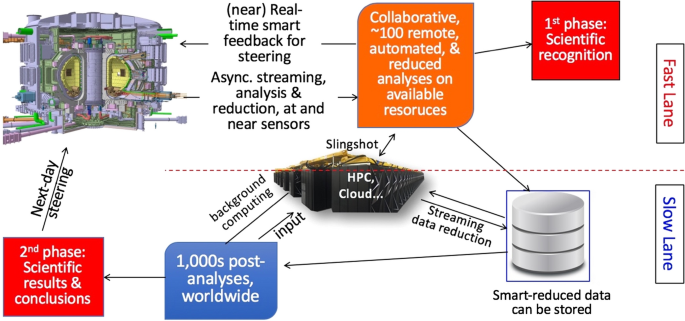
Advancing Fusion With Machine Learning Research Needs Workshop Report Springerlink
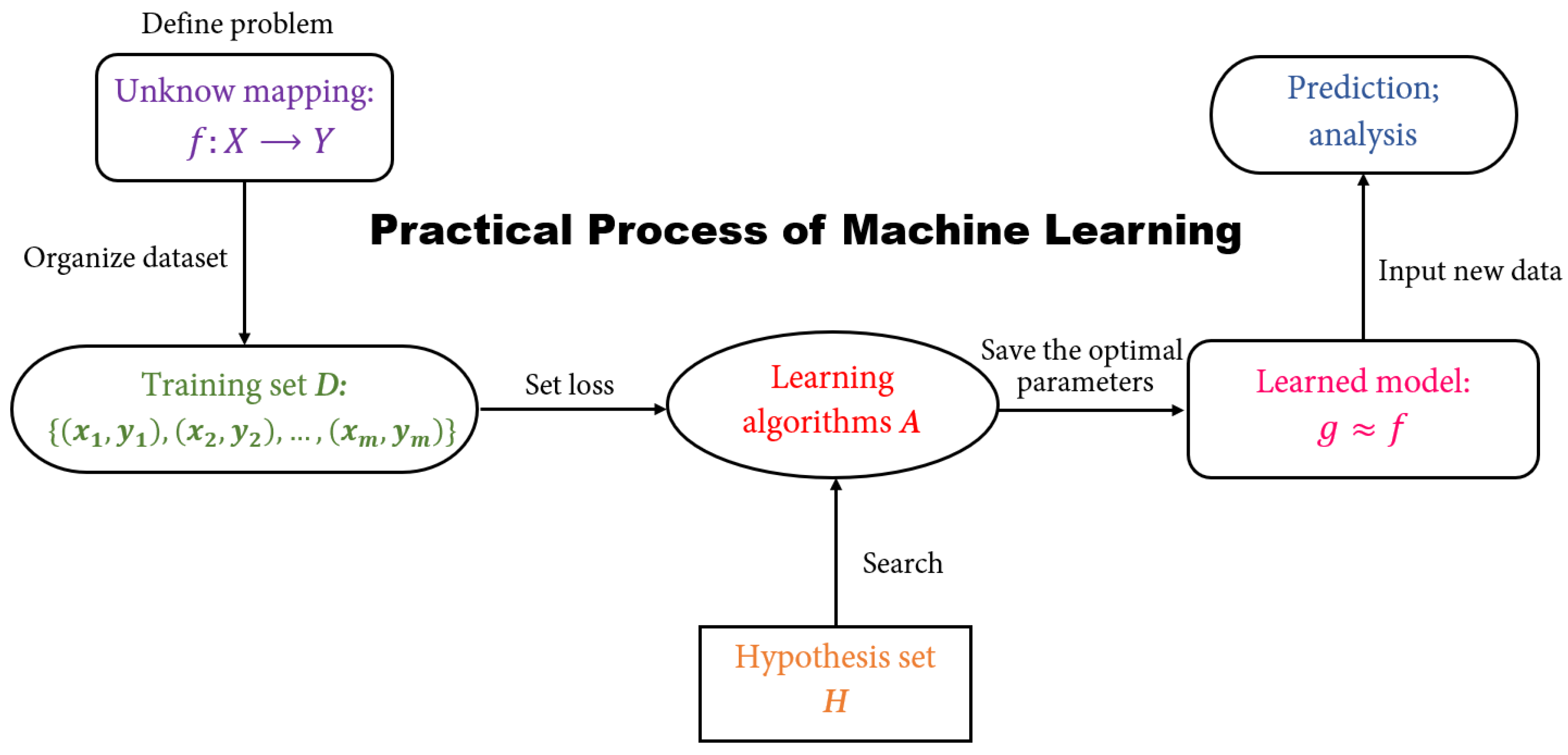
Atmosphere Free Full Text Machine Learning In Tropical Cyclone Forecast Modeling A Review Html
Post a Comment for "Classification Of Machine Learning Frameworks For Data-driven Thermal Fluid Models"